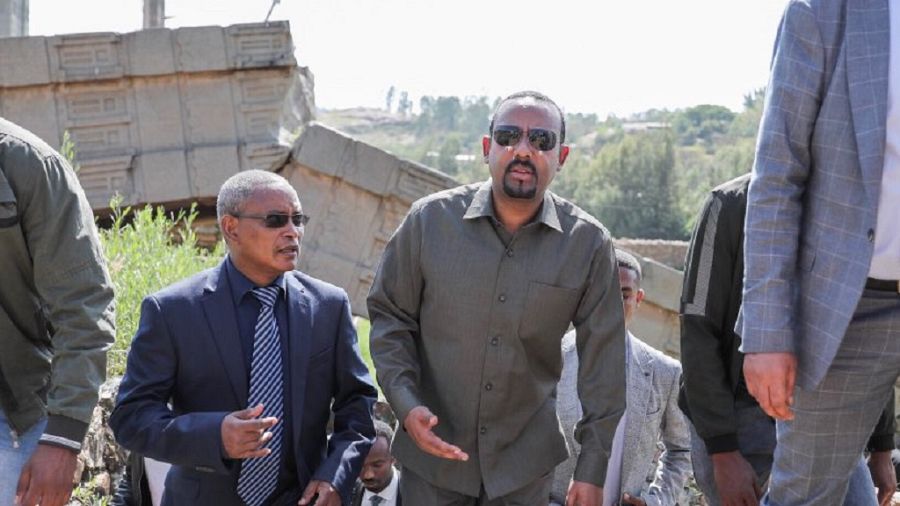


Erlich records an oral tradition that the young Alula distinguished himself by being the one who captured king Tekle Giyorgis in the battle where Emperor Yohannes crushed his opponent (11 July 1871). "Thereafter," concludes Erlich, "his friends and the people of Mannawe nicknamed him Ras Alula."Īt first Alula attached himself to the distinguished Ras Araya Dimtsu, hereditary chief of Enderta who was lord of the land his father farmed before long he gained the attention of Ras Araya's successful nephew, Dejazmach Kassa Mercha (the future emperor Yohannes IV), who made him his elfegn kalkay ("chamberlain and doorkeeper"). "To the Castle of Ras Alula Wadi Qubi," they mockingly replied. Haggai Erlich relates a story about Alula's childhood - "well known throughout Tigray": a group of people carrying baskets of bread to a wedding ceremony were stopped by a group of children led by the future Ras, who demanded to know where they were going.

Tigrai online poem about ras alula abba negga by radio snitĪlula was born in Mennawe, a village in Tembien, 15 miles south of Abiy Addi, the son of Engda Eqube, a farmer of modest origins.When Yohannes returned from his unsuccessful campaign in Saati, he invaded and ravaged Gojjam for King Tekle Haymanot Tessema's rebellious intentions. In all the above fighting Ras Alula negatively shamed his enemies and made his people proud. In service of the Emperor Yohannes IV, Ras Allula successfully defeated the Egyptians in Gundet 1875, Gura 1876, Aylet 1887, Senhit 1880, against the mahdists of Sudan, kufit 1885, Metema 1889 against Italians, Sahati 1887, Dogali 1887, Amba-Alaje 1889, Mekelle 1896 and Adwa 1896. He led many battles for the independence of Ethiopia, including Dogali and Adwa. Described by Haggai Erlich as the greatest leader whom Abyssinia produced since the death of Emperor Tewodros II in 1868, Ras Alula was referred to by Europeans as "the Garibaldi of Abyssinia". He was one of the important leaders of the Ethiopian Empire's forces during the 19th century. Ras Alula Engida (Ge'ez: ራስ አሉላ እንግዳ ?) (1827 – 15 February 1897 also known by his horse name Abba Nega and by Alula Qubi) was an Ethiopian general and politician.


 0 kommentar(er)
0 kommentar(er)
